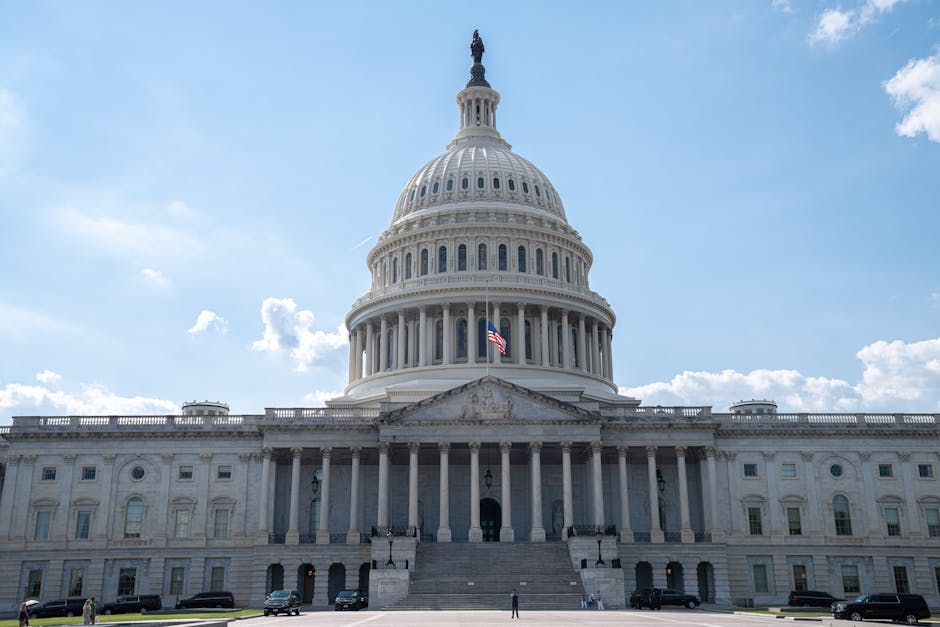The efficacy of current political systems is a multifaceted and intensely debated topic. Scrutinising their performance requires examining various factors, including their ability to address pressing societal challenges, uphold citizen rights, and foster a stable and prosperous environment. This article will delve into the strengths and weaknesses of contemporary political structures, considering diverse models and their practical application.
A cornerstone of evaluating any political system is its responsiveness to public needs. Direct democracies, like those found in some Swiss cantons, offer citizens a powerful voice in decision-making. However, their efficiency can be hampered by the sheer volume of issues requiring public input. Representative democracies, prevalent in much of the world, aim to strike a balance. Citizens elect representatives who, ideally, translate their concerns into policy. Yet, this delegation of power introduces the potential for a disconnect between elected officials and their constituents, potentially leading to policies that prioritize the interests of powerful lobbyists or influential groups over the needs of ordinary citizens. The quality of representation is further influenced by factors like electoral systems, campaign financing, and the media landscape. Disproportionate representation, for instance, can distort the electoral map and result in outcomes that do not accurately reflect the popular will.
Beyond responsiveness, an effective system must foster stability. Constitutionalism, a defining feature of many modern democracies, seeks to limit government power by enshrining fundamental rights and establishing clear legal frameworks. However, the very framework that safeguards rights can become a source of conflict when interpreting its provisions or when they clash with changing societal norms. In these cases, political systems face the challenge of adapting to new realities while respecting the legal precedents that underpin their functioning. For example, evolving views on privacy in the digital age necessitate adaptation of existing laws to address the novel challenges posed by technology. Additionally, the capacity of a political system to navigate crises, both domestic and international, is crucial to long-term stability. A strong, decisive response to economic shocks or geopolitical tensions is vital, yet rapid reactions can sometimes be detrimental if they are not well-considered.
The role of institutions in shaping a political system’s effectiveness is undeniable. Independent judiciaries, robust regulatory bodies, and efficient bureaucracies form the backbone of effective governance. A fair and impartial judiciary ensures that laws are applied consistently and justly, acting as a crucial check on the power of the executive branch. Nonetheless, the independence and integrity of these institutions can be compromised by political pressure or corruption. Weak or compromised institutions, in turn, can erode public trust and lead to societal instability. The quality of bureaucracy and its capacity to implement policy is equally crucial. Bureaucratic inefficiencies or entrenched interests can hinder effective service delivery and policy implementation.
The global interconnectedness of today’s world also significantly impacts political effectiveness. International agreements and cooperation are essential to address shared challenges like climate change, economic crises, and pandemics. However, national interests often diverge from international imperatives, creating a tension that challenges the ability of political systems to act collectively and effectively. Ultimately, the ability of any political system to deal with global challenges depends on its willingness to engage constructively with other nations.
Examining specific political systems provides further insight. For example, parliamentary systems often provide greater accountability by allowing for easier dismissal of governments, yet they can also be prone to internal political maneuvering and instability. Presidential systems can offer greater clarity and separation of powers, but may be hampered by divided government or the possibility of gridlock. Mixed systems attempt to combine the strengths of both models, but the resulting complexity can lead to challenges in consensus-building.
In conclusion, the effectiveness of current political systems is a complex question. While many systems possess valuable strengths, such as responsiveness in some cases, and provide crucial institutions for maintaining stability and promoting human rights, many also suffer from limitations, such as challenges in navigating global interconnectedness and managing competing societal interests. Ultimately, the effectiveness of any political system is not merely a static measure but a dynamic process of adaptation, responding to both internal and external challenges. Continuous reform, an embrace of constructive criticism, and a commitment to transparent and inclusive governance are vital for ensuring that political systems truly serve the needs and aspirations of their constituents in this evolving landscape.






